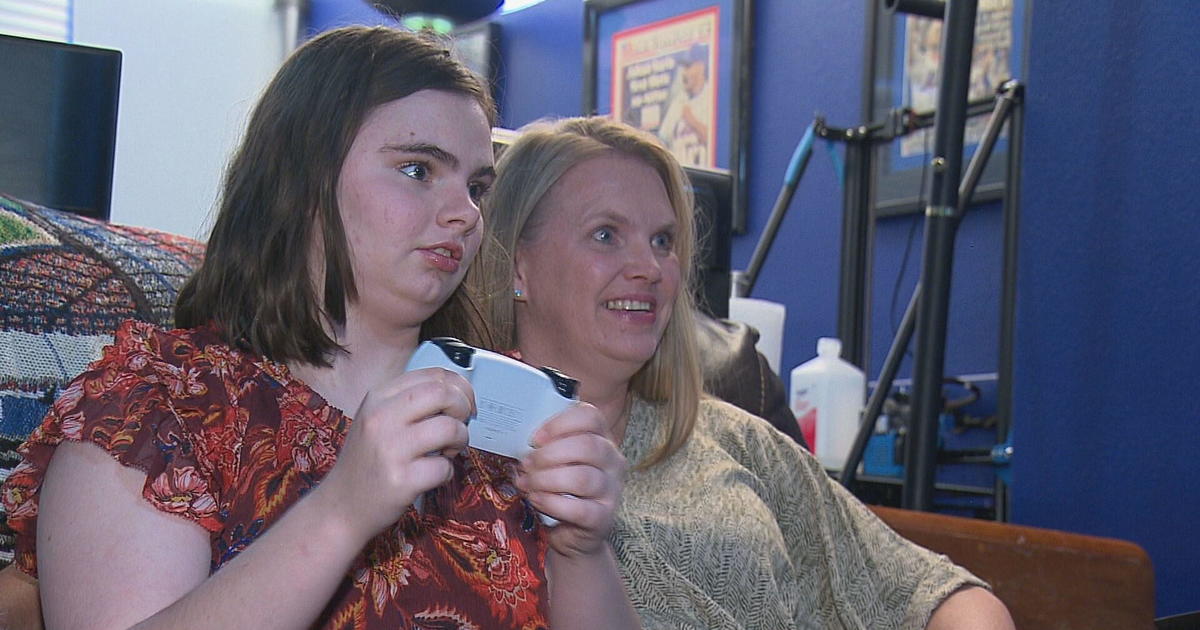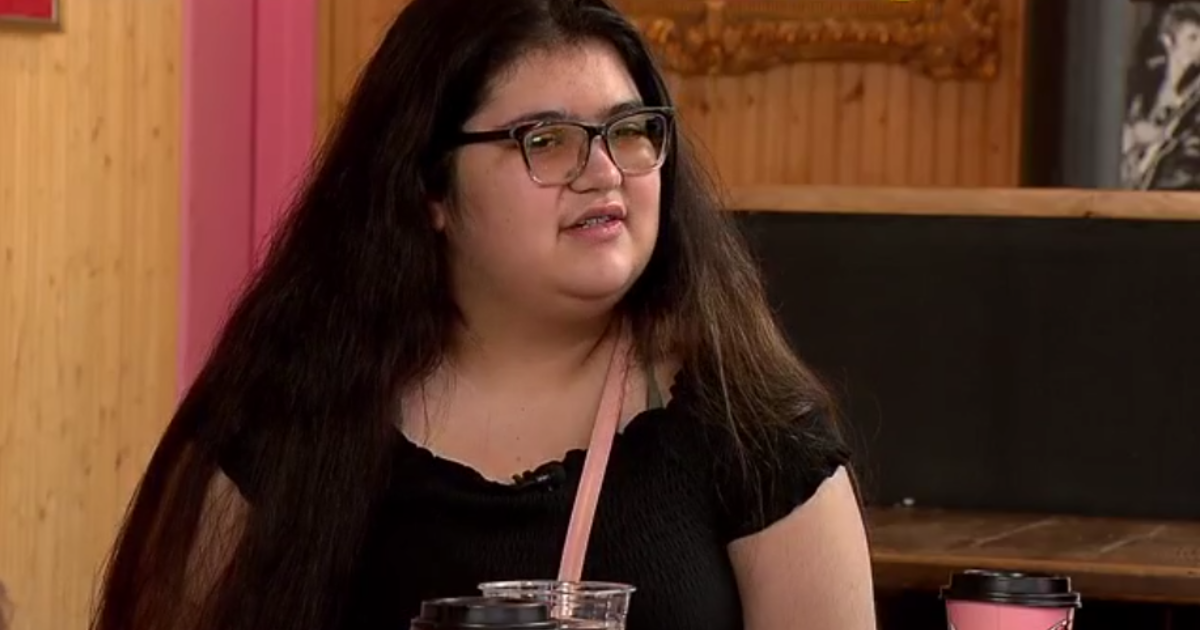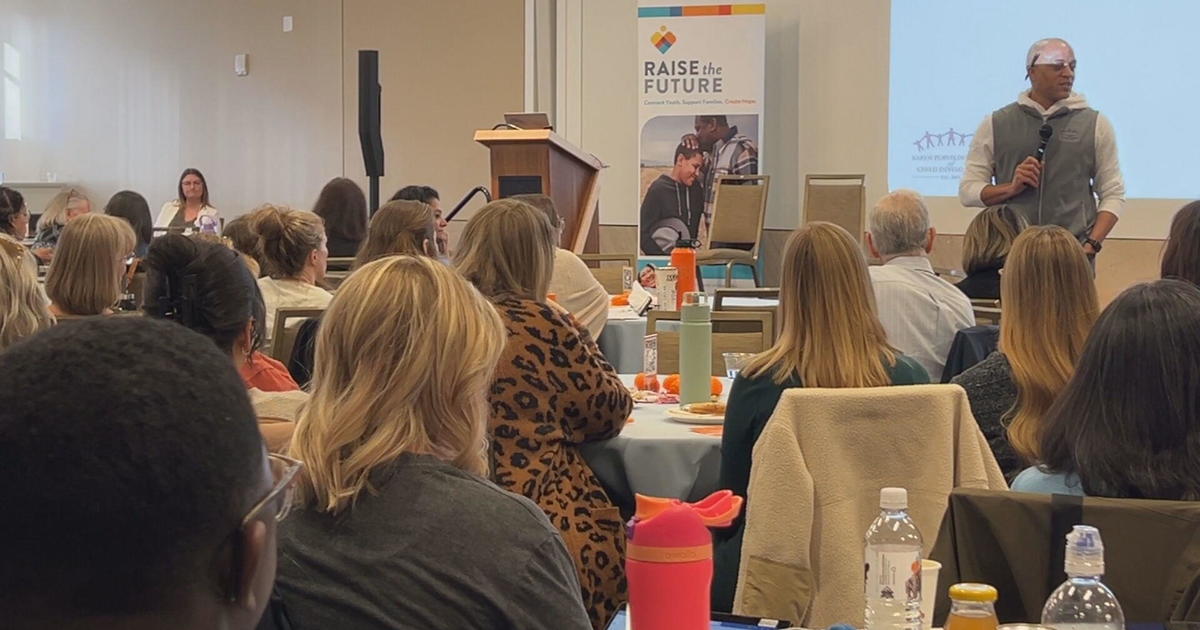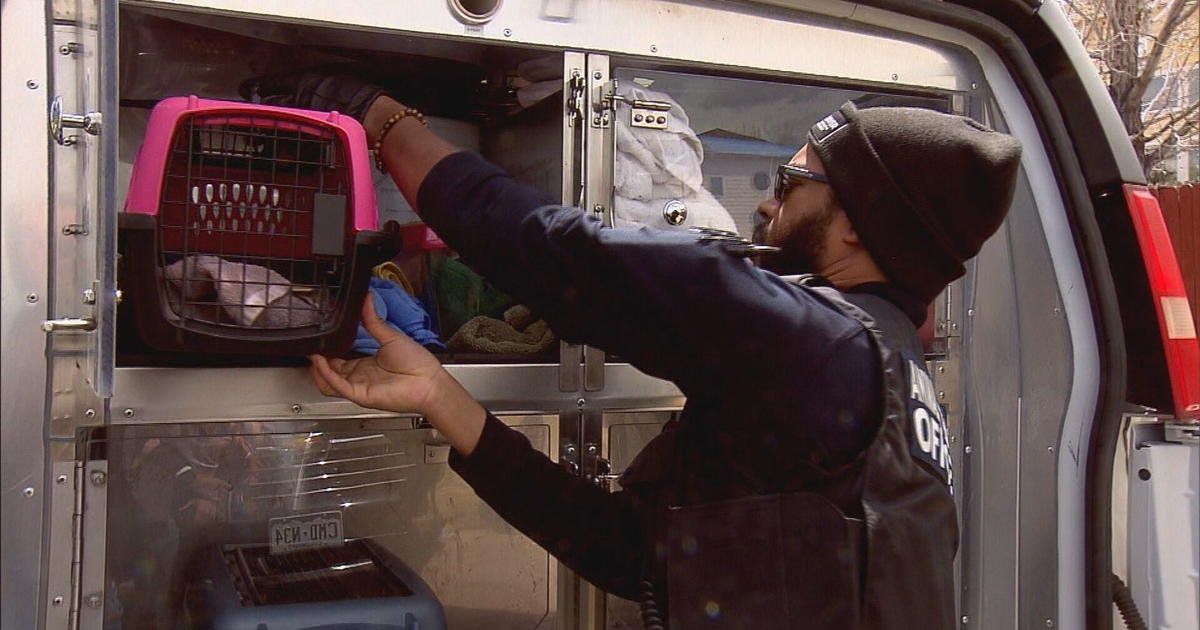Children's Hospital Specialist Helps Kid Patients Cope
AURORA, Colo. (AP) - Part of Jenaya Gordon's job requires her to answer tough questions.
Young siblings of sick patients at Children's Hospital Colorado will sometimes ask Gordon what will happen to their brothers or sisters when they die: "Is she going to be hungry? Is she going to be cold? Can she breathe when she's buried underground?"
Gordon, a certified child life specialist in the Pediatric Intensive Care Unit at Children's Hospital Colorado, tells them the facts.
"We have to use very concrete language for kids," she said.
"Doctors did everything they could," she tells them. "Their heart will stop beating, their lungs will stop breathing, the brain will stop thinking, and the body will die." That might seem harsh, but it's the way children understand, Gordon said.
"Children don't have abstract thought and they don't have a connection with death other than what they see on TV, which often in cartoons is that you die and come back 10 seconds later," she said. "Once they understand the physicality and the permanence of it, then we move toward emotionally processing saying goodbye."
That's why Gordon stocks up on tissues for her office, a room on the third floor of the hospital adorned with colorful paintings of trees and children on Ferris wheels. Model ambulances and rescue helicopters sit on tables in the room while dolls and stuffed animals retrofitted with nasal gastric tubes and tracheal tubes line the floor.
Not all of Gordon's job is related to end-of-life support. She also mentally prepares children before medical procedures including surgery. Often times, that's where the dolls will come in.
"To see (patients) gain mastery over their illness and injury instead of feeling like they're victims of medical procedures, and to help them feel like they're part of it and take ownership of it is really rewarding," she said.
The need for sedation decreases when child life specialists talk to young patients about what they can expect from procedures such as radiology, CT scans and stitches, Gordon said.
"If we can prepare them and support them, it's more rare now that they're using medication," she said.
Gordon, a 37-year-old Denver resident, said she always knew she wanted to work with children.
When she was a student at Jewell Elementary in Aurora, she remembers her dream job was to become a child psychologist.
"I don't even think I knew what that was," she said. "I don't know where my little self came up with that."
She graduated with a bachelor's degree from the University of North Texas in 2000, where her major was speech pathology and audiology with a minor in psychology counseling. But she still wasn't sure what direction her career would take her. Shortly after graduating, a friend introduced her to the child life specialist job. She was hooked. "I just loved the field," she said. "I think it's a really unique way to support patients and families."
Gordon graduated from the University of Colorado Denver in 2009 with a master's degree in counseling psychology, and then became a certified child life specialist and a nationally certified counselor. She joined Children's Hospital Colorado after she graduated.
Gordon says working with young patients on ways to emotionally deal with major life events that require hospitalization is a skill set she's glad to have. She's often approached by parents who want to learn more about how to talk to their own children about medical crises.
"People don't naturally know how to talk to children about injury, illness and tragedy," Gordon said.
At times, the job is tough, but she's learned it's best to separate her work life from her personal life. She tries not to watch the news, she enjoys going to concerts and she takes time off to travel. "I try to physically imagine that I'm leaving that weight behind me instead of carrying it with me," she said.
Still, some days she finds it hard to escape the graveness of work. During times like those, she takes a few minutes to have a good cry on the drive home from work or talk about her feelings with her co-workers, a child life specialist and therapeutic recreation team that includes 30 people.
As difficult as the job can be sometimes, Gordon says she doesn't plan to give it up.
"It's just a really unique and rewarding field to be in," she said.
- By SARA CASTELLANOS, Aurora Sentinel
(© Copyright 2013 The Associated Press. All Rights Reserved. This material may not be published, broadcast, rewritten or redistributed.)



